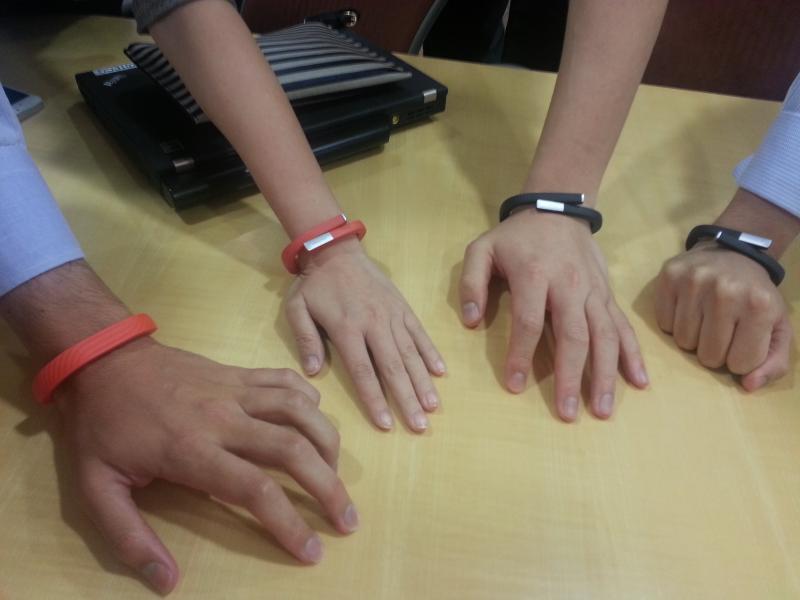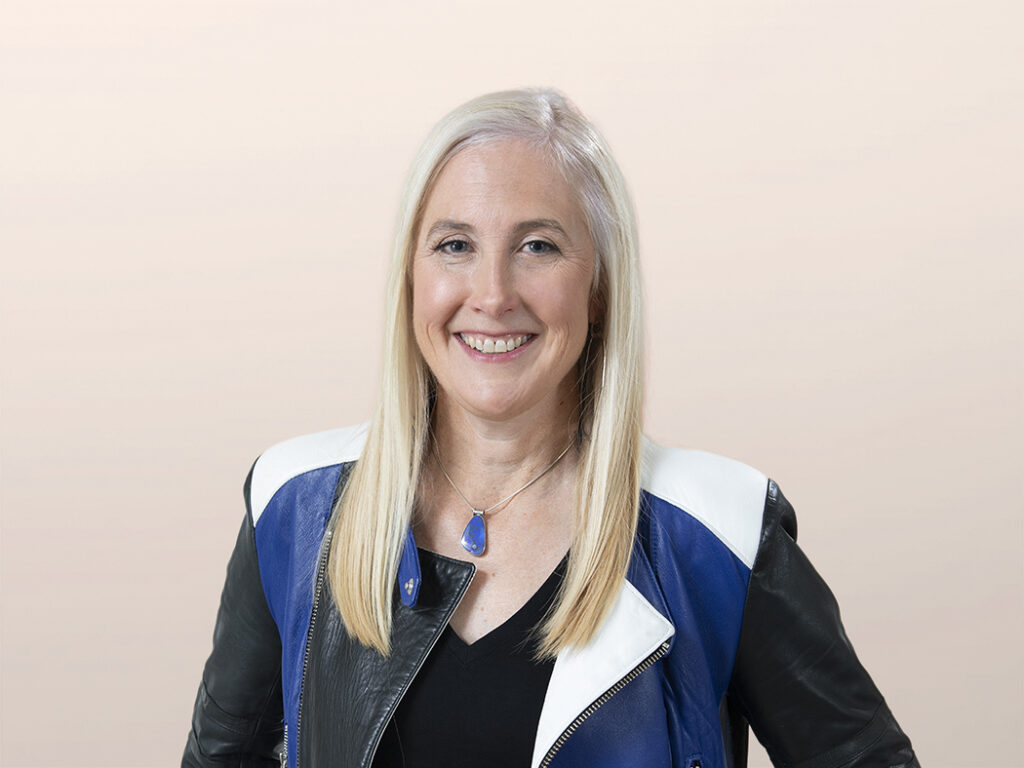Financial Consequences For Obese Employees In Singapore: Another New Business Model Enabled By Mobile
I showed up at a business meeting in Singapore today and each member of the company within the meeting was wearing a Jawbone. I thought, "Wow, that's unusual … and statistically very unlikely." Turns out, the company gave the devices to the employees. And … added some teeth to the program. Approximately one week's compensation each month is linked to the employee's BMI. The formula is a bit more complicated than that, but that is the general idea.
This offers one powerful example of the new business models that mobile enables. (See my research report from this winter that outlines the possiblities.)
Despite the links between wellness and productivity at work, there are many reasons why this model wouldn't fly in the US – at least at a public company. Studies show that healthy employees are more productive, have higher energy levels, etc. However, there are always nuances, pre-existing conditions and laws in the US that protect employees from employers increasing or decreasing compensation based on their perceived health. Genetics come into play. Healthy – fresh, organic, slow cooked, local – foods can be expensive and beyond the research of the average family in the US.
Insurance companies in the US are piloting programs to reward members for good behavior (e.g., exercise, eating healthy foods, sleeping well). Rewarding members with discounts on premiums or vouchers for goods is very different though that linking compensation to an employee's BMI.
I am posting because I find the story fascinating. It offers a glimpse of the potential good and evil (perception) of mobile and wearable technology. It also offers insights into both potential and emerging business models in mobile. Progressive Insurance rates customers based on how well they drive. Customers opt in to be tracked and are often rewarded with lower premiums. (My colleague Ellen Carney writes on that.) I speak to a lot of our clients about emerging business models that mobile enables. I often here, "We couldn't to that" or "We're not allowed to do that" or "Our customers would never go for that." Technology is changing customer expectations. Digital business professionals – you may need to test some assumptions that you have and especially those that have been in place a while that no one can explain.

My colleague JP Gownder writes more extensively about wearables in the workplace. See his research for that angle.
